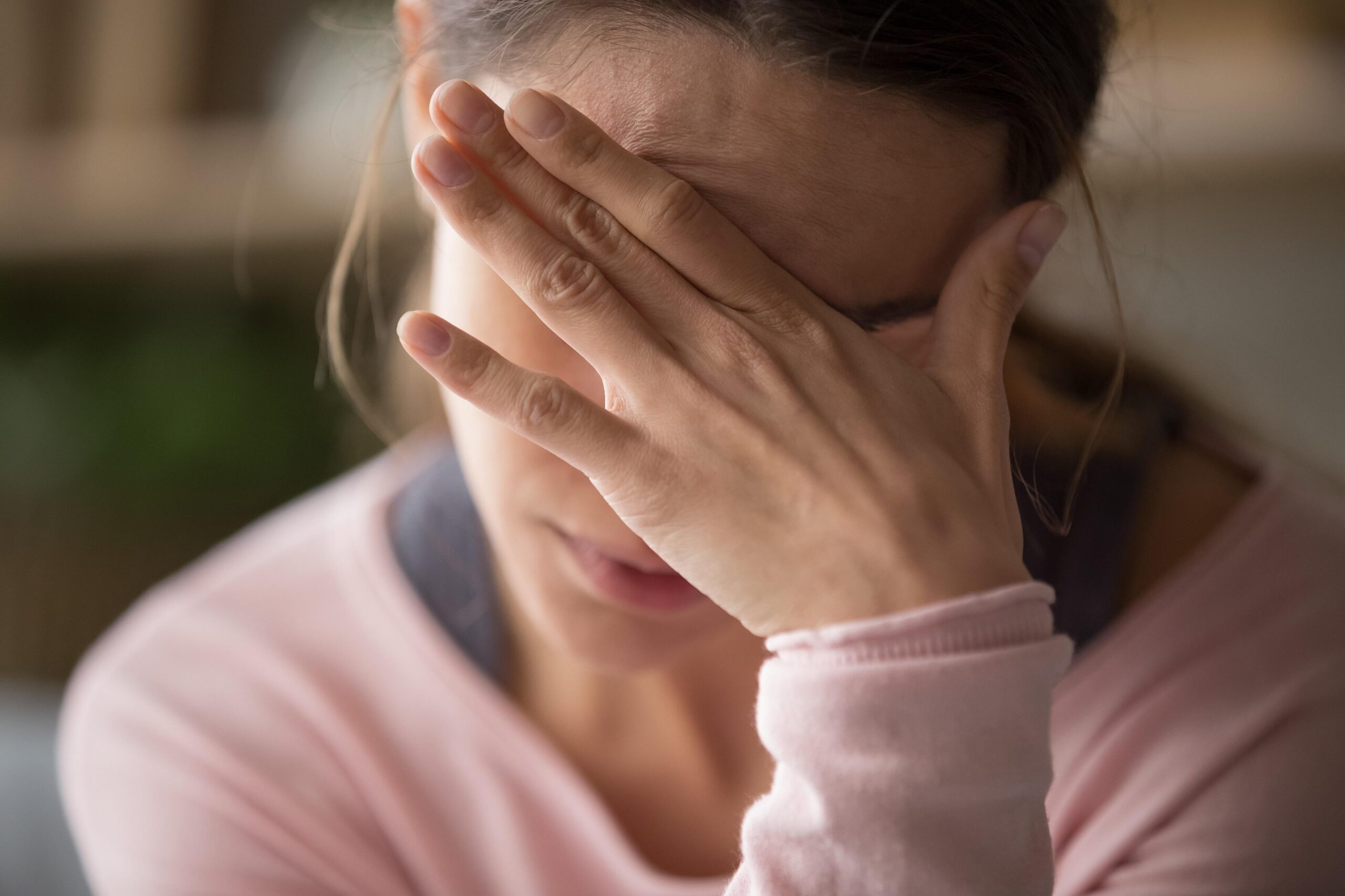
Concerning sexual anxiety
Be aware that there is no recognized diagnosis for sexual anxiety. Rather, it describes a person’s intense anxiety and nervousness that they might experience in connection with sexual activities or sexual behaviors. Typically, this worry is substantial enough to affect their ability to engage in sexual activity and be present with their partner. Over time, it may also play a role in some aspects of mental health issues.
However, it’s also possible for someone experiencing this kind of anxiety to have a diagnosable anxiety disorder, which could make symptoms worse. For instance, a person suffering from generalized anxiety disorder (GAD) could feel fear and worry all the time in their daily lives. It could have an impact on or be related to any kind of situation, including intimate ones.
Remember that there are a variety of reasons other than just anxiety that can contribute to sexual dysfunction and avoidance, including past trauma, physical or medical conditions, and more. Consult a physician or a therapist if you are worried. If you’re going through trauma, help is out there. For further information, kindly visit our Get Help Now page.
Typical reasons for anxiety related to sexual performance
Numerous factors may either cause to anxiety that is unrelated to trauma or medical causes. One reason for this could be anxiety about future interactions for those who have had bad experiences with past partners, such as feeling as though they didn’t perform to their full potential or receiving unfavorable feedback. This can spiral into a vicious cycle where the bad experience feeds the negative perception of oneself, which in turn feeds these emotions. After that, the person might feel even more ashamed and embarrassed, which could make them decide never to have sex again.
An additional common factor that may exacerbate this experience is performance anxiety. It usually revolves around a person’s worries about how they perform sexually and the potential for their partner to criticize them for it. The shame cycle that is frequently linked to sexual anxiety can be reinforced by performance anxiety, which can lead to sexual difficulties such as difficulty maintaining an erection, reaching an orgasm, and decreased sensitivity in erogenous zones.
Relationship implications of not managing or overcoming your sexual anxiety
Relationships that involve sexual activity can be greatly impacted by sexual anxiety. Communication problems are one instance of these potential consequences. When someone is nervous about having sex, they could find it difficult to communicate their wants, which could cause misunderstandings or make the other person feel uncomfortable. If one partner feels unwelcome, this may exacerbate anxiety and further reduce the likelihood of productive communication.
Reducing sexual anxiety: Three things to think about
There are several options available to people who wish to control their sexual anxiety in order to enhance their comfort and enjoyment of life as well as their relationship with a short- or long-term partner. Although treating symptoms can be difficult, there are a few tactics that might work well and play a significant role; take into account the following.
Effective communication
Good communication techniques can be a valuable tool for promoting and controlling sexual anxiety as well as healthy relationships in general. Generally speaking, partners are more likely to foster a safe and encouraging environment for same-sexual activity if they can freely discuss their sexual preferences and concerns in a cool, nonjudgmental way. Furthermore, since you won’t have to worry about hiding your worries, admitting that you’re nervous could relieve some of the pressure you may be under to perform.
Try some relaxation methods.
Utilizing relaxation techniques may also be beneficial for those who suffer from anxiety, as it may lessen anxiety-inducing physical as well as emotional symptoms. To induce feelings of calm, deep breathing exercises, for instance, can slow the heart rate. This may help counteract the stress hormones from the fight-or-flight response brought on by performance anxiety or just a stressful day. Regular mindfulness meditation practice can help improve a person’s sexual life as well by teaching them to let go of worrying thoughts and instead focus on the here and now.
Using progressive muscle relaxation and grounding techniques to focus on bodily sensations may also help with symptoms of sexual anxiety. Before having sex, try using one or two of the following grounding techniques: concentrate on your senses and name one to three objects that you can see, hear, smell, touch, and taste.
Change your negative self-talk
People who suffer from sexual anxiety frequently engage in negative self-talk, and changing this behavior is usually essential to gaining confidence. Negative thoughts about one’s physical appearance or sexual prowess can cause anxiety, poor performance, or even a complete avoidance of sexual situations if they are held and then repeated. Research that has been subjected to medical review and peer review indicates that positive self-talk is generally associated with mindfulness and self-compassion, two qualities that may alleviate anxiety. Counseling to assist you in getting over your fear of performing sexually








